Important Dates (Tutorial Papers Only)
| Tutorial Paper Submission | April 19th, 2024 (Fri) | 23:59 AoE | |
| Preliminary Decision | May 24th, 2024 (Fri) | 23:59 AoE | |
| Revised Version Due | June 9th, 2024 (Sun) | 23:59 AoE | |
| Final Decision | June 24th, 2024 (Mon) | 23:59 AoE | |
| Final Paper Due | July 1st, 2024 (Mon) | 23:59 AoE | |
| Conference | September 9th – 13th, 2024 |
Tutorial papers present ideas with a focus on pedagogy over technical innovation. By being written in a broadly-accessible way, a tutorial will clarify important ideas, bring new researchers into the community, and serve as a bridge to practitioners. A good tutorial paper is not expected to have any technical innovation at all. Instead, we will evaluate it on its pedagogy: Is it crisp and clear? Is it readable? Does it help build good intuitions? Is it comfortable to follow? Will it help useful ideas reach a much broader audience?
While tutorials about tools are a canonical fit, tutorials about techniques are also welcome. Prospective authors who want to suggest tutorials of other kinds are welcome to contact the chairs to get guidance. In general, we are very open-minded about what tutorials are about, provided they are about topics of interest to the formal methods community.
Tutorial papers can be at most 22 pages in LNCS format (excluding references and appendices). There is no minimum length; the tutorial should be as long as necessary to be effective, but should avoid filler. Tools should include links and descriptions of how to run them. Papers are welcome to include an appendix, which reviewers will read at their discretion. (We understand that detailed screen-shots, tool descriptions, etc., are best relegated to an appendix, and reviewers will make a good-faith effort to examine these.) Authors of a paper need not be the creators of the technical concepts it describes. The paper must provide clear references to the original technical content. The presentation must be novel relative to the published literature.
Accepted papers will be published in the conference proceedings. Authors of accepted papers will be given a presentation slot in the tutorials period preceding the main conference. The tutorial paper submission should specify the desired length of the presentation, which can be a half or full day. They will also be invited (but are not required) to give a five-minute presentation during the main conference, to give their tutorial wider notice.
Authors of tutorials are strongly encouraged to submit at least preliminary versions of runnable/machine-readable artifacts to accompany their papers, where appropriate. Authors of preliminarily accepted tutorials are strongly encouraged to submit an artifact for evaluation by the FM 2024 Artifact Evaluation Committee after the preliminary notification for their tutorial.
Authors can also request a tutorial presentation slot without an accompanying paper by submitting a short tutorial proposal instead. Priority will be given, however, to tutorials accompanied by full tutorial papers.
Submissions
Submit your papers at https://easychair.org/conferences/?conf=fm24
Tutorial Track Committee
| Member(s) | Affiliation | Role |
| Luigia Petre | Åbo Akademi University, Finland | PC Co-Chair |
| Shriram Krishnamurthi | Brown University, USA | PC Co-Chair |
| Anindya Banerjee | IMDEA Software Institute, Spain | PC Member |
| Brijesh Dongol | University of Surrey, UK | PC Member |
| Daniel Jackson | MIT, USA | PC Member |
| David Thrane Christiansen | Lean FRO, LLC | PC Member |
| Jan Friso Groote | Eindhoven University of Technology, Netherlands | PC Member |
| Jannis Limperg | University of Munich (LMU), Germany | PC Member |
| Jeroen Keiren | Eindhoven University of Technology, Netherlands | PC Member |
| Marcello Bonsangue | Leiden University, Netherlands | PC Member |
| Markus Alexander Kuppe | Microsoft Research, USA | PC Member |
| Maurice ter Beek | CNR-ISTI, Pisa, Italy | PC Member |
| Nikolaj Bjorner | Microsoft Research, USA | PC Member |
| Rosemary Monahan | Maynooth University, Ireland | PC Member |
| Stefan Hallerstede | Aarhus University, Denmark | PC Member |
| Thierry Lecomte | CLEARSY, France | PC Member |
| Tim Nelson | Brown University, USA | PC Member |
